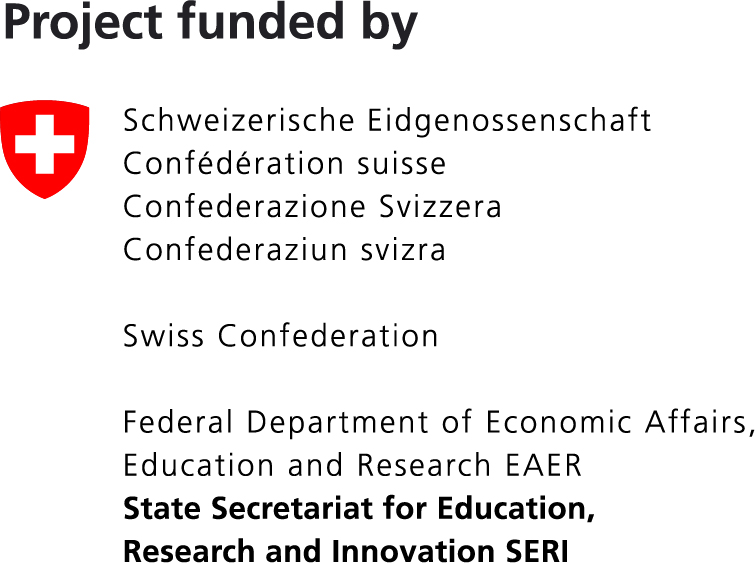Espoo Embraces AI and Data Innovation to Cut Traffic Emissions: Startups Take the Lead
09 May 2025
As part of their activities as Replication City within our project, the City of Espoo has launched an ambitious AI in Mobility Challenge aimed at reducing traffic emissions through cutting-edge data and artificial intelligence solutions. The challenge, which targets startups and small-to-medium-sized enterprises (SMEs), is now in its development phase following a successful mentoring event held at the Nokia Espoo Innovation Garage.
The mentoring day brought together four selected startups and SMEs with a panel of experts for deep-dive sessions on AI development, city data utilisation, and supercomputing. Hosted by Nokia, the event featured innovation demos and discussions that highlighted the increasingly pivotal role of AI in sustainable urban mobility.
“Espoo’s collaboration with the startup ecosystem shows how local innovation can power the green transition,” said a representative from the Espoo Mobility team. “We’re using real city data and real AI solutions to tackle emissions, not hypotheticals.”
The participating teams presented a diverse range of ideas:
- DataTalks / NinjaLabo showcased an AI service that connects seamlessly to different data interfaces and allows users to make natural language queries. For example, a user could ask, “Is there space in the Hype-Arena parking garage and do I need an umbrella outside?” The system responds by integrating parking and weather data in real time.
- CamTalks / NinjaLabo, another innovation from the same team, utilises edge computing to analyse camera feeds on-site—enabling users to query things like, “How many people are in the picture?” without compromising privacy.
- 0Flow / Finnish Logistics Group FLG focused on sustainable logistics, proposing a solution that optimises the use of available transport capacity to reduce emissions caused by underutilised freight trips.
- Traffic Info / Cadweiser introduced a multilingual AI system that delivers traffic updates and announcements in either spoken or written natural language, enhancing accessibility for diverse users.
- Dynamik Allocator / Dynamik, developed by Paavo Kytölä and Anita Kuitunen, is designed to optimise the schedules of mobile workers, minimising unnecessary driving and consequently lowering emissions.
These innovations are now being refined during the development phase. The challenge will culminate in a pitching event on June 17, where the participating teams will present their finalised solutions. A jury will then select the winner, who will receive support to pilot their technology within Espoo’s urban environment.
Read more about our Replication City Espoo here.
The Espoo AI in Mobility Challenge is part of the broader MOBILITIES FOR EU program, which connects leading cities in sustainable mobility efforts across Europe. Espoo’s efforts reflect its growing role as a tech-savvy, climate-conscious city driving digital transformation for the benefit of residents and the environment alike.


